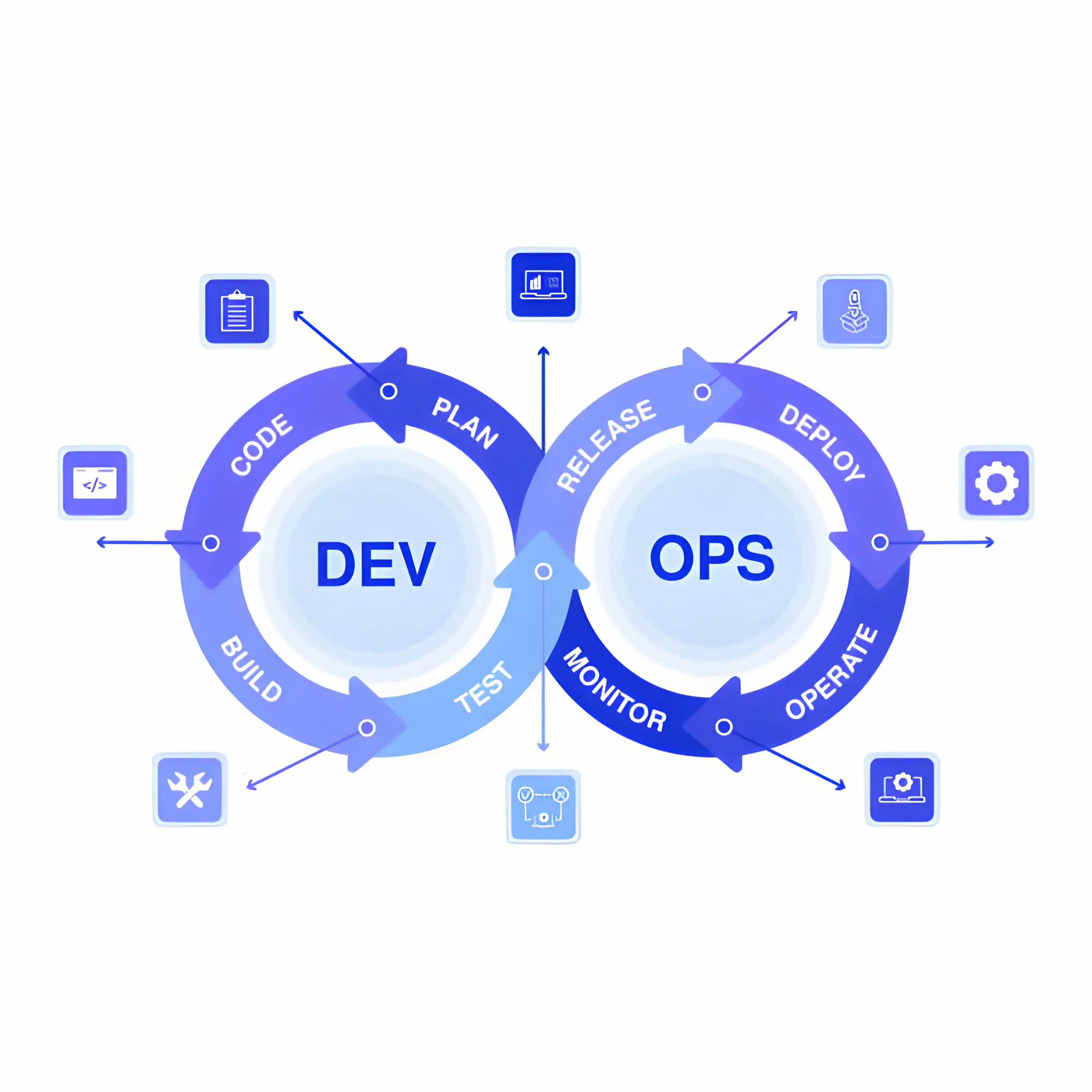The Software Development Lifecycle (SDLC) specialization is a focused area of study or expertise within the field of software development. It involves understanding and implementing various methodologies, processes, and practices that govern the creation, deployment, and maintenance of software applications throughout their lifecycle.
Here’s a breakdown of some key components within a typical SDLC specialization:
- SDLC Methodologies: This includes understanding various methodologies such as Waterfall, Agile, Scrum, Lean, DevOps, and others. Each methodology has its own set of principles, processes, and practices for managing the software development process.
- Requirements Engineering: This involves gathering, analyzing, documenting, and managing software requirements. It’s essential for understanding what the software needs to do and ensuring that it meets the needs of its users.
- Software Design: Designing the architecture, structure, and components of the software based on the requirements. This includes creating diagrams, models, and specifications to guide the development process.
- Implementation and Coding: Writing code based on the design specifications and best coding practices. This includes selecting appropriate programming languages, frameworks, and tools for development.
- Testing and Quality Assurance: Conducting various types of testing such as unit testing, integration testing, system testing, and acceptance testing to ensure the software meets quality standards and fulfills its requirements.
- Deployment and Release Management: Deploying the software to production environments and managing the release process. This involves activities such as configuration management, version control, and rollout planning.
- Maintenance and Support: Providing ongoing maintenance and support for the software after it has been deployed. This includes fixing bugs, implementing updates, and addressing user feedback.
- Continuous Improvement: Continuously improving the software development process by learning from past projects, gathering feedback, and adopting new tools and techniques.
To specialize in SDLC, individuals typically undertake formal education, certification programs, or hands-on experience in these areas. This specialization is crucial for professionals working in software development roles, including software engineers, developers, project managers, and quality assurance engineers, among others. It enables them to effectively manage the entire lifecycle of software projects and deliver high-quality products that meet user needs and business objectives.
